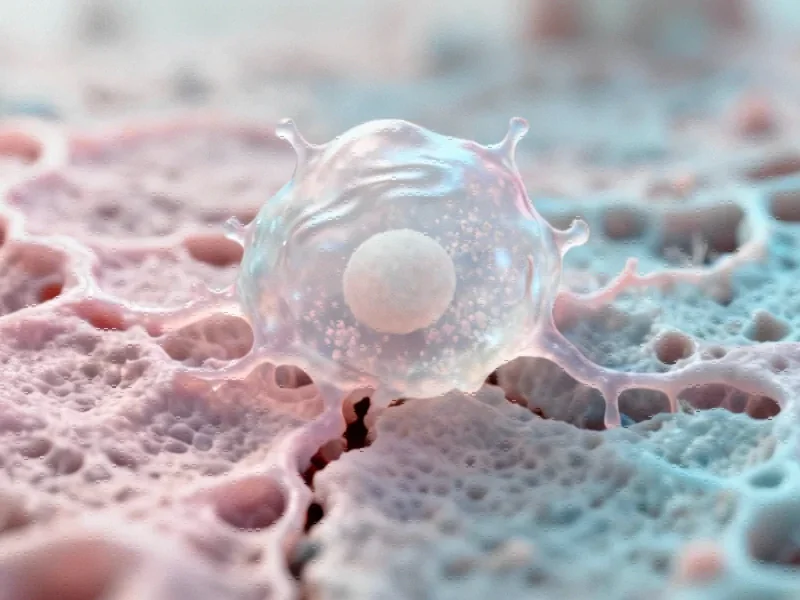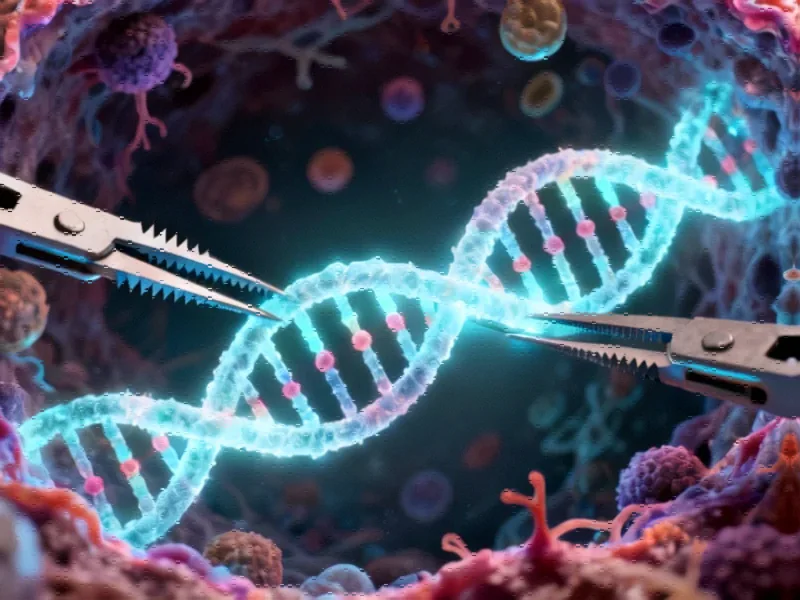Over 100 million Americans face barriers to primary care access, leading many to seek health information from wellness influencers. Experts warn this shift creates significant misinformation risks as uncredentialed creators promote products and oversimplified solutions to complex health issues.
The Healthcare Access Crisis
Americans are increasingly turning to wellness influencers for health guidance as traditional healthcare becomes harder to access, according to reports. A 2023 study by the National Association of Community Health Centers and HealthLandscape at the American Academy of Family Physicians found that over 100 million Americans, approximately one-third of the U.S. population, now face barriers to accessing primary care. Analysts suggest this number has nearly doubled since 2014, creating an information vacuum that wellness influencers are rapidly filling.









